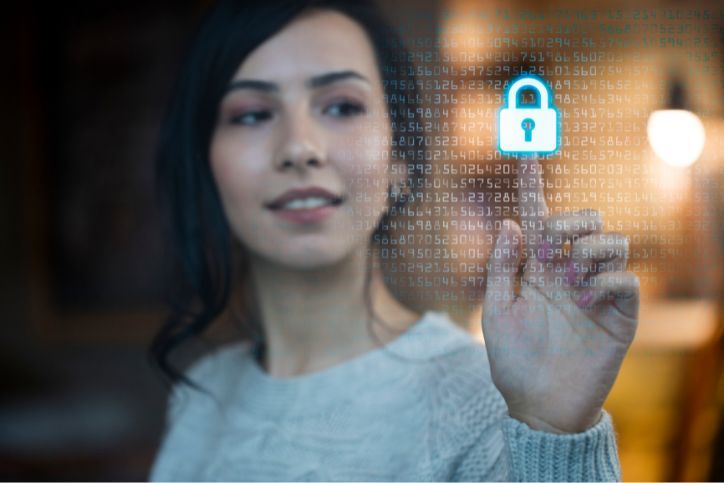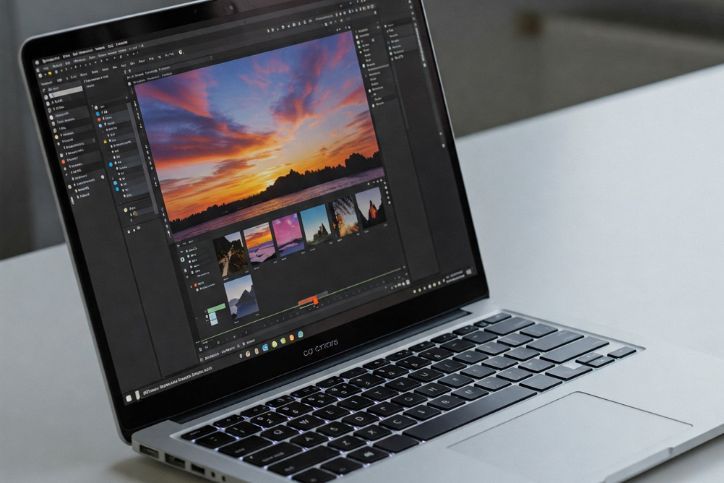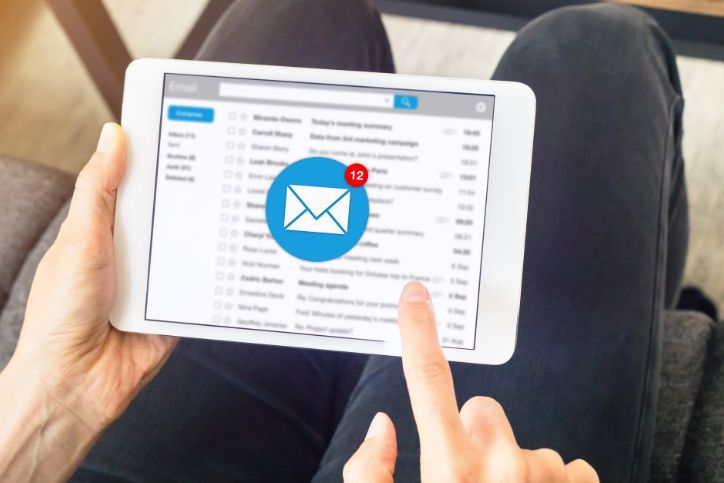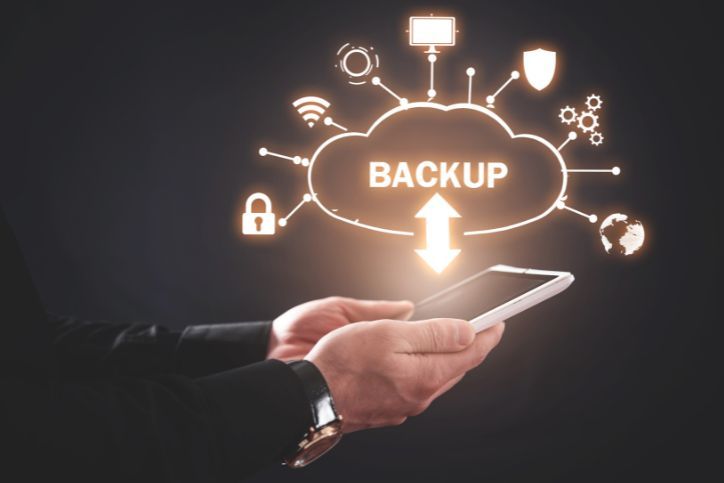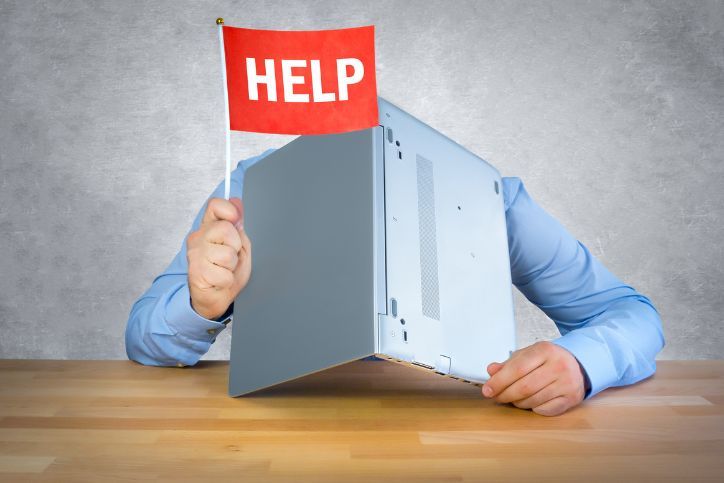Top Tips for Keeping Your Computer Safe from Hackers in Phoenix

Cybersecurity is a concern for everyone, but with Phoenix growing as a hub for tech and business, you may be wondering how to keep your computer safe from hackers. Whether you’re a small business owner, student, or anyone with sensitive information, safeguarding your computer from cyber threats is necessary to ensure your protection.
Here are some practical tips to keep your computer safe from hackers, especially for Phoenix residents:
Table of Contents
ToggleStrengthen Your Passwords and Use Two-Factor Authentication (2FA)
One of the simplest yet most effective ways to protect your online accounts from hackers is by strengthening your passwords and enabling two-factor authentication (2FA) wherever possible.
Tips for creating a secure password:
– Avoid common words and patterns: Avoid using “password123” or any easy-to-guess passwords.
– Use a mix of characters: Combine upper and lowercase letters, numbers, and symbols to increase complexity.
– Use a password manager: Programs like LastPass or Dashlane generate and store secure passwords, making it easier for you to maintain security across different accounts.
Adding 2FA to important accounts provides an extra layer of security by requiring an additional code (often sent to your phone or generated by an app) along with your password. This simple extra step makes it much harder for hackers to access your information, even if they know your password.
For accounts with access to sensitive or financial information—such as banking, email, and social media—2FA is crucial. Major providers like Google, Facebook, and Apple all support 2FA, so make sure to activate it where possible.
Regularly Update Your Software and Use Antivirus Protection
Keeping your operating system, browser, and antivirus software up-to-date is another critical aspect of cybersecurity. Software updates often include patches for newly discovered security vulnerabilities that hackers can exploit. Geeks2You provides safe and effective virus removal
and cutting-edge hacker protection software to secure your computer from future harm.
Why updates matter:
– Fixing vulnerabilities: Software companies release updates to protect against security threats.
– Improving functionality: Updates can add new features and improve the performance of your software.
In Phoenix, where temperatures soar and devices may overheat, updating hardware drivers and system software also ensures that devices are performing optimally. In addition to providing protection, regular updates also keep your system from lagging or overheating, making it less susceptible to malfunction, which can sometimes be exploited by hackers.
Actionable Tips To Stay Updated on Cybersecurity
There are many ways to stay updated when it comes to cybersecurity. One way is to enable auto-updates. Turn on automatic updates for essential software, including your operating system, browser, and antivirus programs.
Another way is to install antivirus software: PCMag recommends Norton, McAfee, or Bitdefender, as these offer features like malware detection, firewall protection, and phishing alerts. These programs are designed to detect, quarantine, and remove malware before it can harm your system.
Here are some more tips when it comes to staying updated on cybersecurity:
- Be Cautious with Public Wi-Fi: Phoenix has a vibrant public life, with many people working from cafes, libraries, and shared office spaces that provide free Wi-Fi. However, public Wi-Fi networks are often insecure, which makes it easier for hackers to intercept your information.
If you frequently use public Wi-Fi and are wondering how to secure your computer from unauthorized access, consider these precautions:
- Use a VPN (Virtual Private Network): VPNs, like ExpressVPN or NordVPN, encrypt your online activity, making it more difficult for hackers to access your data over public networks. With a VPN, you can safely use public Wi-Fi in popular Phoenix spots like libraries or cafes without fear of prying eyes.
- Disable file sharing: Before connecting to a public network, disable file sharing in your system settings to secure your computer from unauthorized access.
- Recognize Phishing Attempts
Phishing attacks are becoming more sophisticated and can target anyone through email, text messages, or even social media. Knowing what to look out for can help you prevent falling victim to these types of cyber scams.
Here’s what to watch out for:
– Suspicious emails or links: Be cautious of emails from unknown senders or messages with poor grammar, urgent calls-to-action, or unfamiliar links. Hover over links to check if the URL matches the company’s official website.
– Fake login pages: If a website looks unfamiliar or prompts you to enter personal information, double-check its authenticity. Some phishing scams replicate well-known sites to trick users into revealing their credentials.
In Phoenix, many people receive phishing emails claiming to be from popular local services, utilities, or even government entities. Always verify with the organization directly before clicking on any suspicious links or providing any information.
Get in touch with our Geeks2You experts to learn more about protecting your PC from phishing attempts.
FAQ’s
How often should I update my antivirus software?
It’s best to set your antivirus software to update automatically so you don’t have to worry about missing critical patches. If that’s not possible, check for updates at least once a week. If you notice signs of a virus on your computer, contact Geeks2You for same-day virus removal services. We will scan your computer for any signs of malware and update firewall settings to prevent any security breaches in the future.
Is it safe to use free antivirus software?
Yes, but paid hacker protection software usually offers more comprehensive protection. Free versions of reputable antivirus software, like AVG or Avast, can provide basic protection, but they may lack features like advanced firewall protection, phishing alerts, and parental controls that premium versions include.
What should I do if I accidentally click on a phishing link?
Immediately disconnect from the internet, run a virus scan, and monitor your accounts for any unusual activity. Consider contacting a cybersecurity professional for help if you notice anything suspicious.
Final Thoughts
Protecting your computer from hackers in Phoenix doesn’t require advanced technical knowledge—just a few smart habits and tools can go a long way. By strengthening your passwords, keeping your software updated, using a VPN on public Wi-Fi, and being cautious of phishing attempts, you can significantly improve your cybersecurity. Staying vigilant and proactive not only keeps your data safe but also provides peace of mind in an increasingly digital world. With these practical steps, you’re well on your way to building a secure digital presence in Phoenix and beyond. Contact Geeks2You to stay safe and keep your cybersecurity strong!
Instant Quote
Get A FREE Quote IMMEDIATELY
Other Blogs You May Be Interested In
Categories
Satisfaction Guaranteed
Computer Repair You Can Trust


